Artists to celebrate lead and silver mining
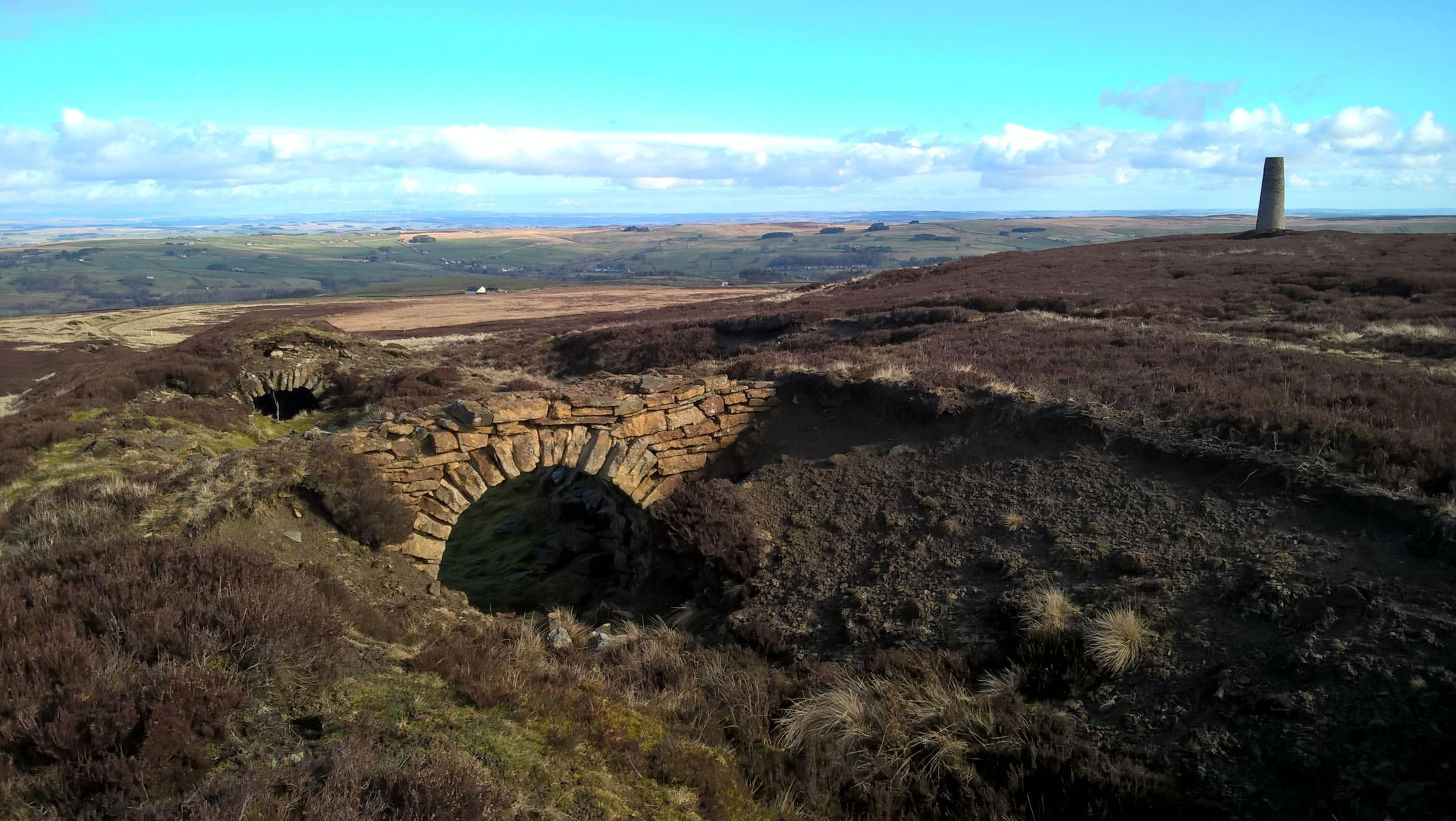
In its heyday the North Pennine Orefield was Britain's largest producer of lead
- Published
Five artists are to hold workshops across the North Pennines to tell the story of the region's mining heritage.
The events include knitting to recreate shawls worn by smelters and another to produce rag rugs; floor coverings made from old material scraps and often found in mining homes.
Abi Baker, artist-in-residence, says they hope to help people to feel "a sense of pride" in the area's heritage.
It is part of a project called the Land of Lead and Silver, led by the North Pennines National Landscape Partnership, which has been awarded £2m from the National Lottery Heritage Fund.
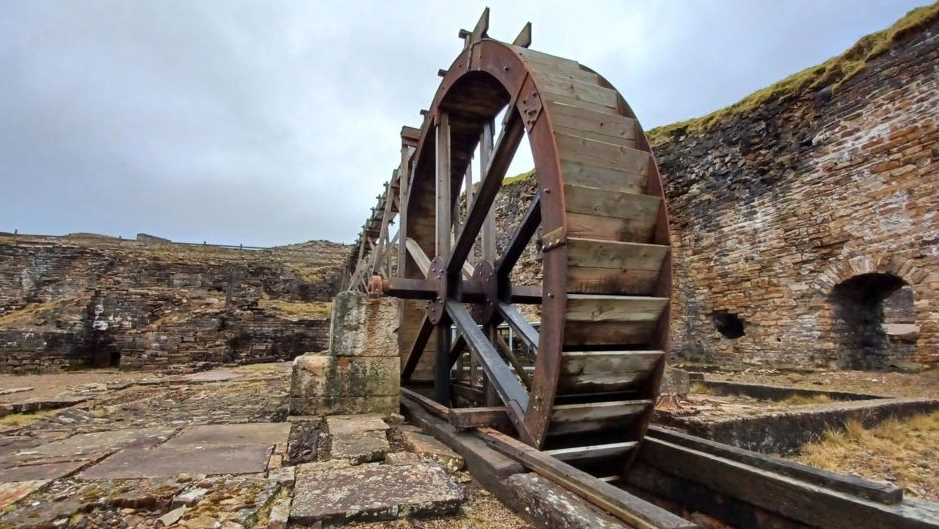
Mining for lead ore in the North Pennines probably goes back at least 2,000 years.
"My workshops will be mostly pottery," Ms Baker explained.
"I'll provide all the materials and do a demonstration to help people get started making something inspired by mining.
"Anyone can come along but I'd particularly like to see young local adults take part and help them think a bit more about not only mining, but how it dominated life in this area for so long."
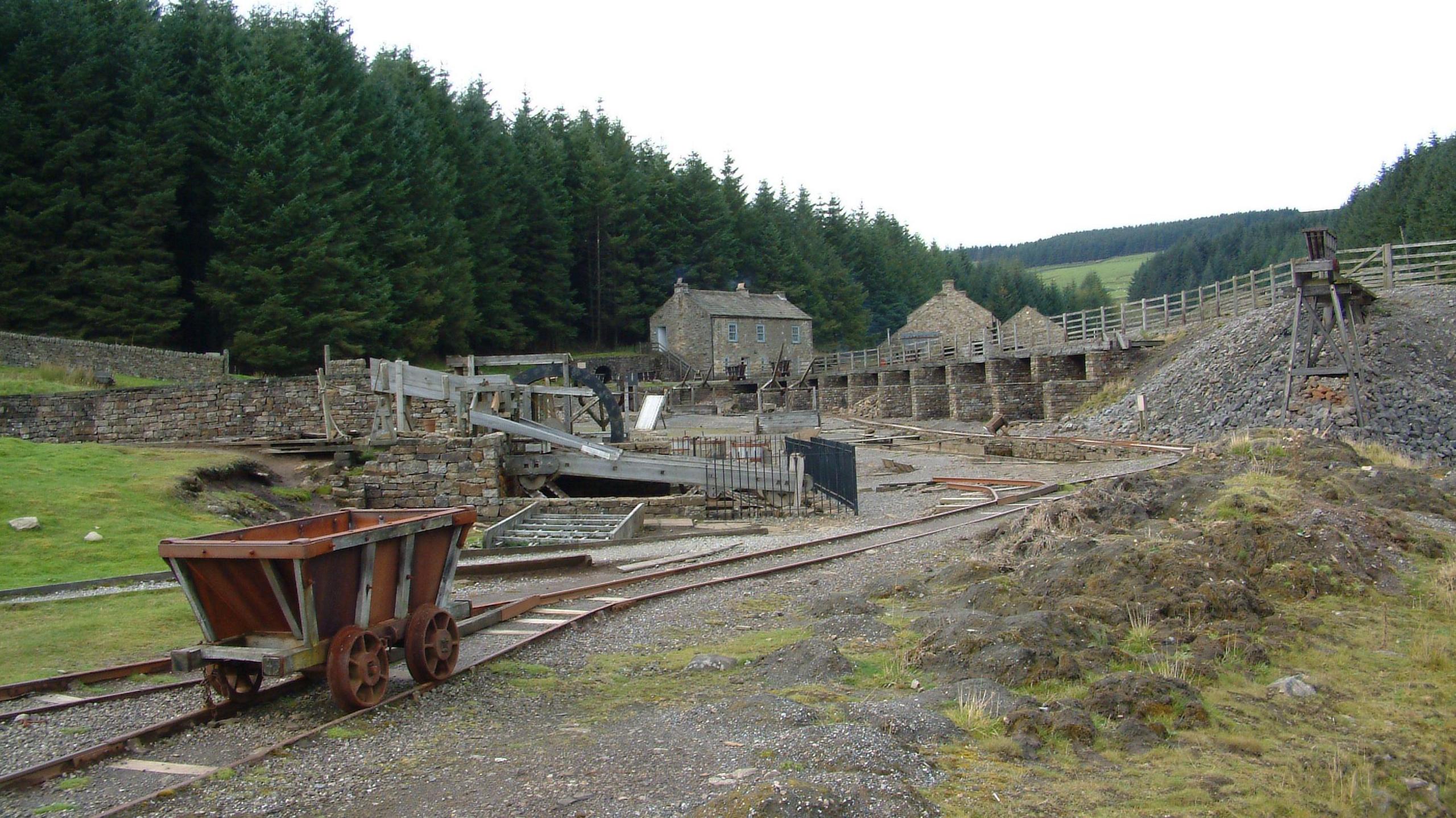
Killhope in Weardale, County Durham, opened as a lead mine in 1853 and by the 1870s was one of Britain's richest
At almost 2,000 sq km, the North Pennines is the second largest of the 46 "National Landscapes" in England, Wales and Northern Ireland.
From the mid-1700s it was dominated by lead mining, with its heyday in the 19th century when it provided employment for many thousands.
By the mid 20th century the last few lead mines had closed leaving abandoned spoil heaps, mine shafts and chimneys.
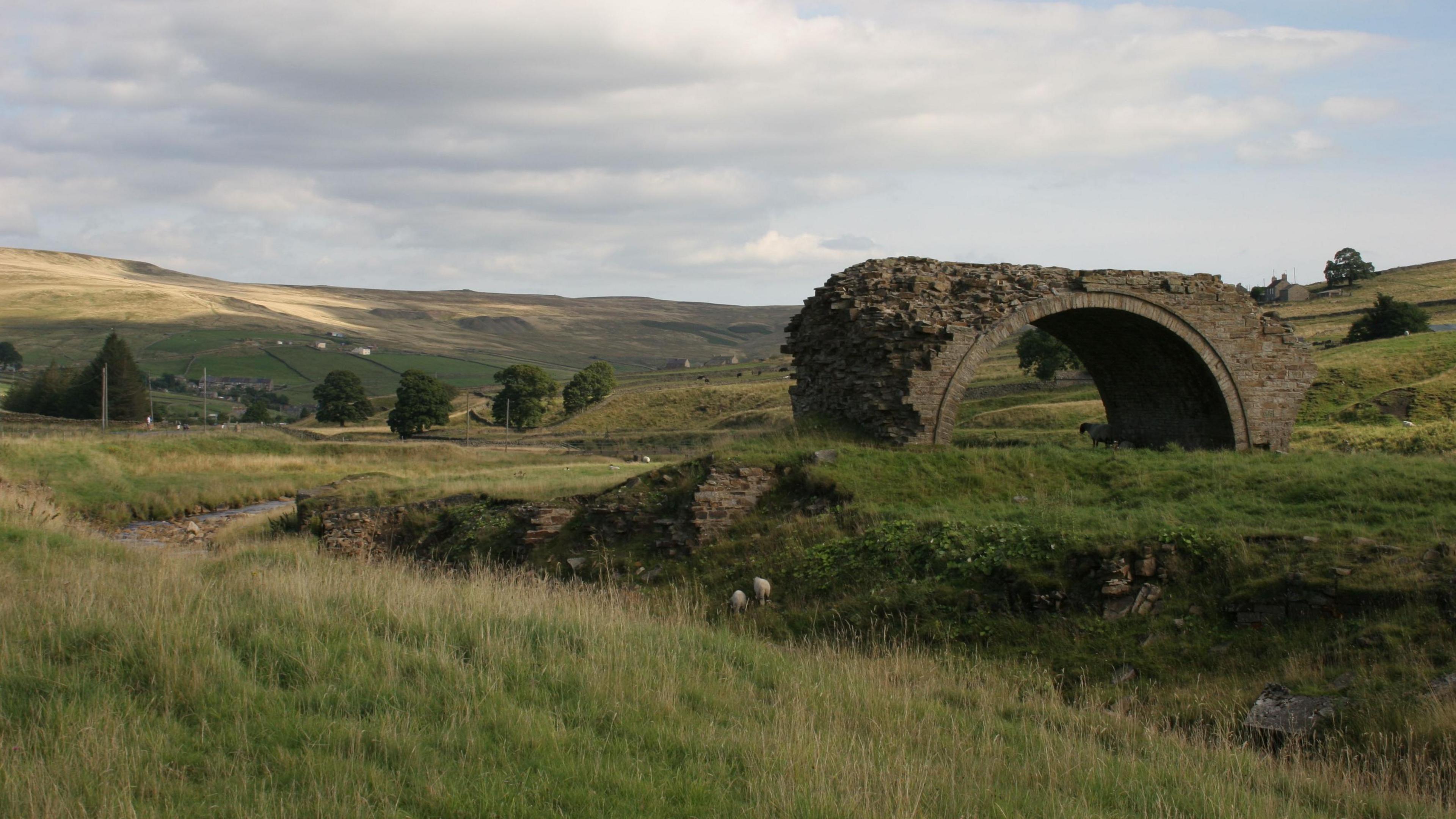
The North Pennine Orefield provided employment for thousands of families, albeit under harsh and often toxic conditions
All the workshops in this project will take place in July at places including Barnard Castle, Bowlees and Nenthead and some of the work produced will be displayed in an exhibition at Bowlees Visitor Centre, external.
Ms Baker hopes people will learn about both art and mining.
"I want people to connect with the area in a deeper, more personal way and to feel proud to have roots there, because it is such a special place," she said.
Follow BBC North East and BBC Cumbria on X (formerly Twitter), external, Facebook, external and Instagram, external. Send your story ideas to northeastandcumbria@bbc.co.uk
More stories from BBC North East and Cumbria
- Published1 May 2024
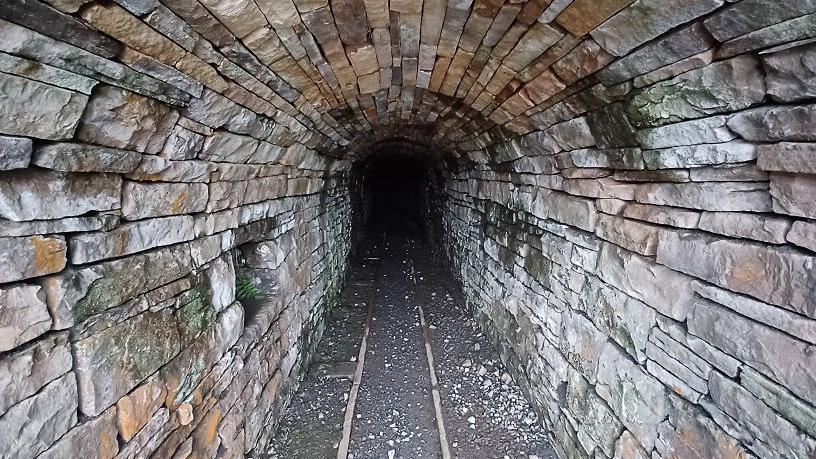
- Published1 May 2024
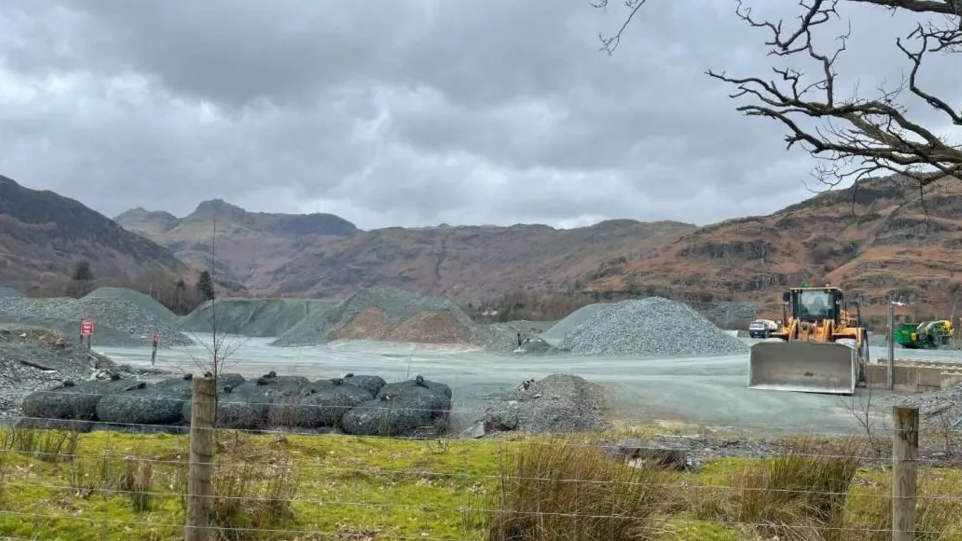
- Published9 May 2014